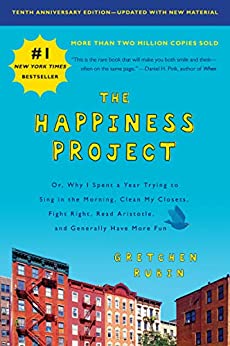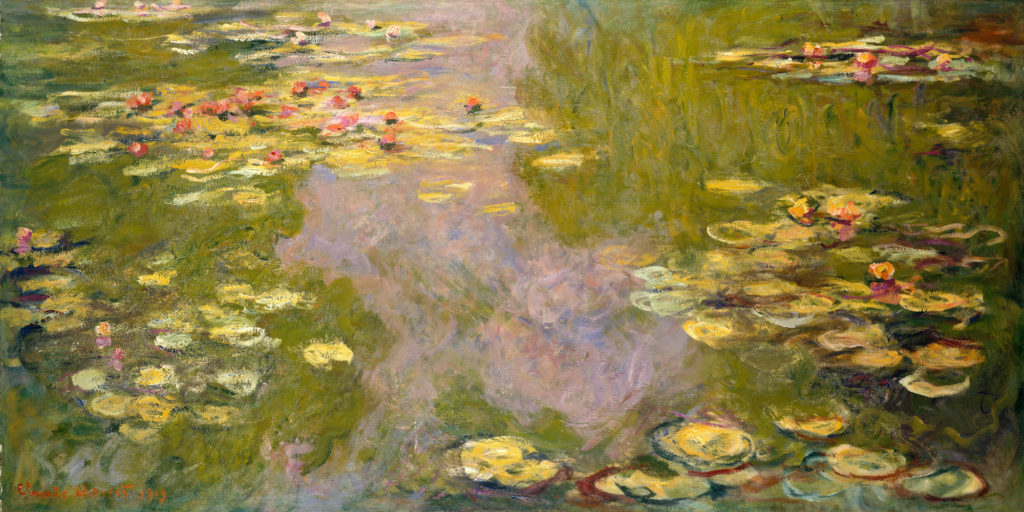“Dream big, but allow yourself the opportunity to start small and have your share of struggles in the beginning. The world’s greatest composers weren’t writing symphonies the day they first sat at the piano.”
– Kevin O’Rourke, American film, stage, and television actor
O’Rourke is suggesting that we consider our life as a splendid symphony and that we are all composers.

Image from Unsplash by Paige Cody
The other day, my wife Wendy downloaded a piano app onto her iPad and began to play around with it. She began with scales and made an effort at Chopsticks. She eventually wants to play the piano that was given to her by her father many years ago as a gift when we were first married.
Exercise:
What are a few of your big dreams and goals? What small steps and potential struggles must be taken now to help you develop the mastery to compose your personal and professional symphonies?


